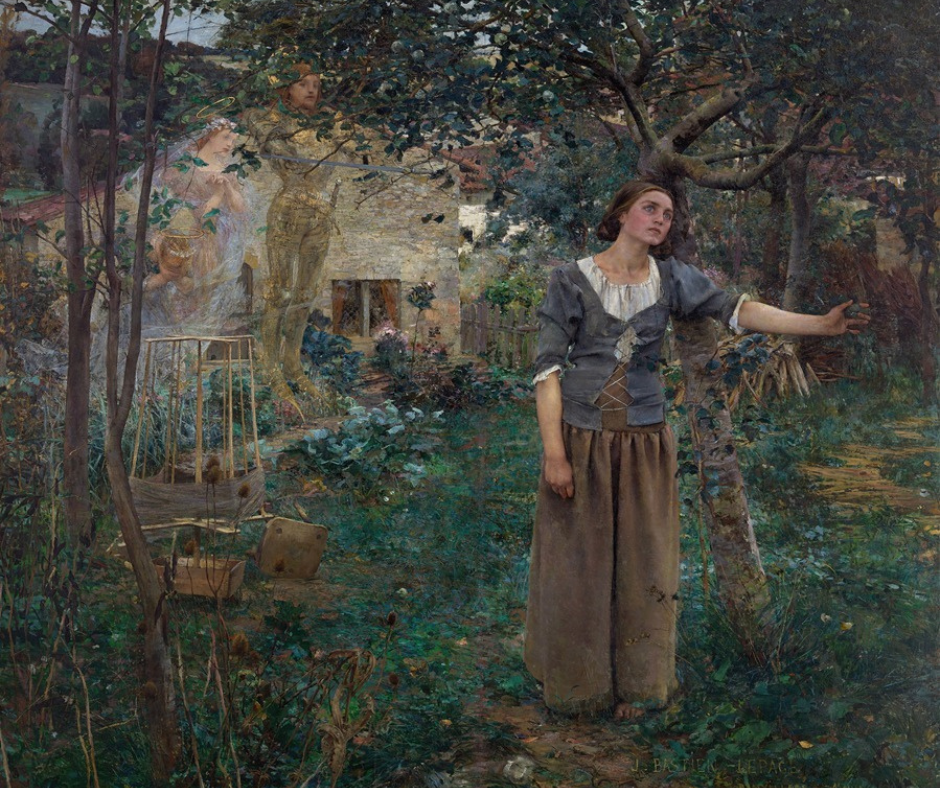

12 Famously Independent Women from History for the 4th of July
Summary
Reflection Questions
Journal Prompt
The 4th of July might be about American independence, but the right to self-determination is held by everyone and is something we can all celebrate! This 4th of July, we’re honoring twelve remarkable women who established autonomy when society ignored or sought to silence them. Throughout history, remarkable women like these have defied expectations, shattered glass ceilings, and fought for their beliefs with unwavering courage. From queens and activists to artists and scientists, their dedication, sacrifice, and independence remind us that personal freedom is worth fighting for.
Cleopatra: “The Strategic Sovereign”
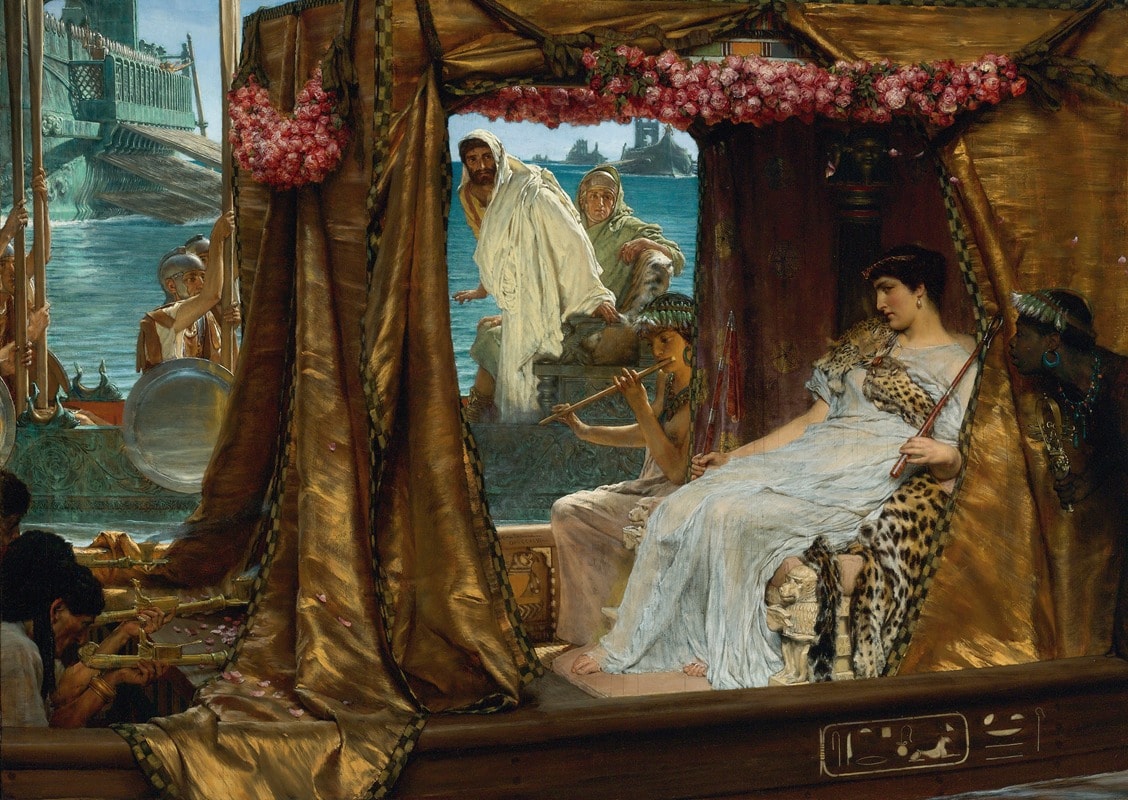

As the last active ruler of the Ptolemaic Kingdom of Egypt, Cleopatra demonstrated considerable political acumen and strategic skill. Known for her intelligence, political acumen, and fluency in multiple languages, she formed important alliances through relationships with powerful Roman figures like Julius Caesar and Mark Antony.
These alliances were part of her broader strategy to protect her power and position. Cleopatra’s efforts to preserve her kingdom’s autonomy amidst the expanding Roman Empire highlight her determination and savvy leadership.
Joan of Arc: “The Divine Warrior”
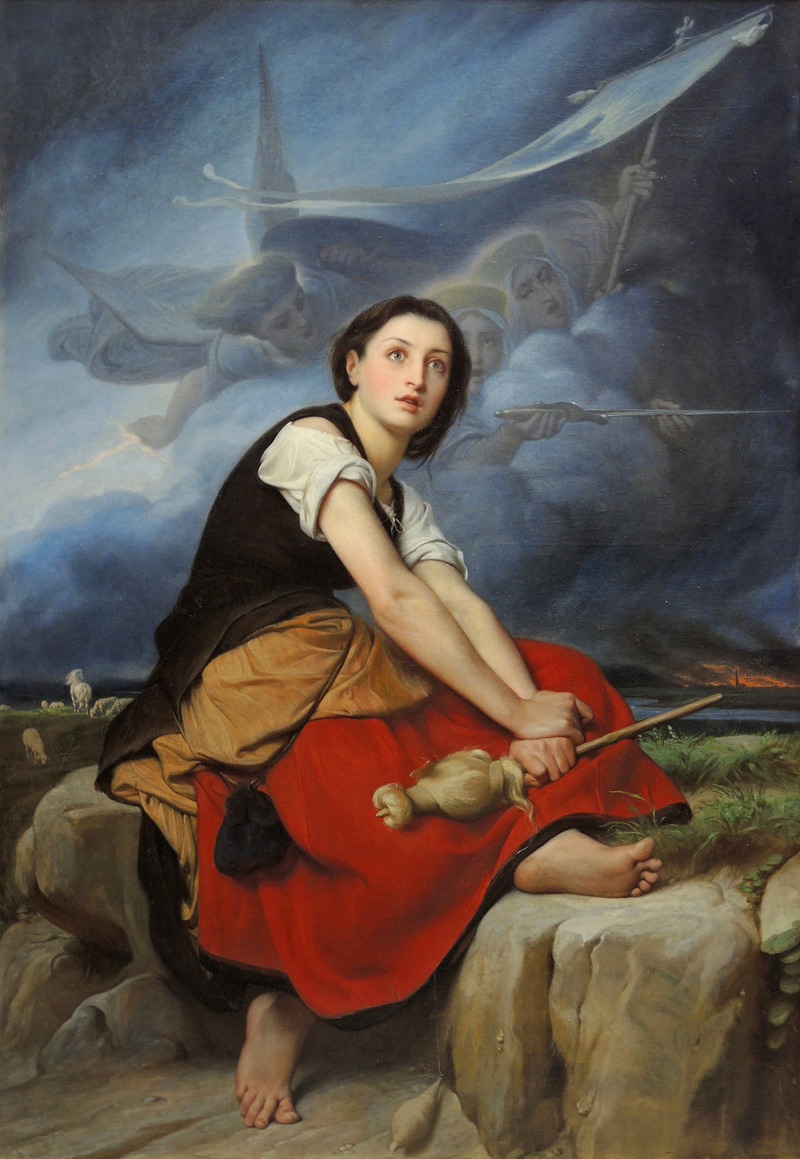

Joan of Arc was a French peasant girl who claimed divine guidance to lead the French army in the Hundred Years’ War. Despite having no formal military training, she convinced leaders to support her mission. Joan’s leadership was self-determined and her actions contributed significantly to the eventual coronation of Charles VII. Put simply, Joan of Arc altered the course of French history.
Sadly, Joan of Arc was captured by the Burgundians in 1430 and handed over to the English. She was put on trial for charges including heresy, witchcraft, and cross-dressing (as she wore male military attire). The trial was politically motivated and was intended to question the legitimacy of Charles VII.
Despite her courageous defense, Joan was found guilty and was sentenced to death. On May 30, 1431, at the age of 19, Joan of Arc was burned at the stake in Rouen, France. Her execution was a tragic end to her life, but it did not diminish her legacy. Joan’s conviction in her mission and her steadfastness, even in the face of death, exemplify her remarkable independence and strength of character. She was later exonerated in a posthumous retrial in 1456 and canonized as a saint by the Roman Catholic Church in 1920.
Queen Elizabeth I: “The Virgin Queen”
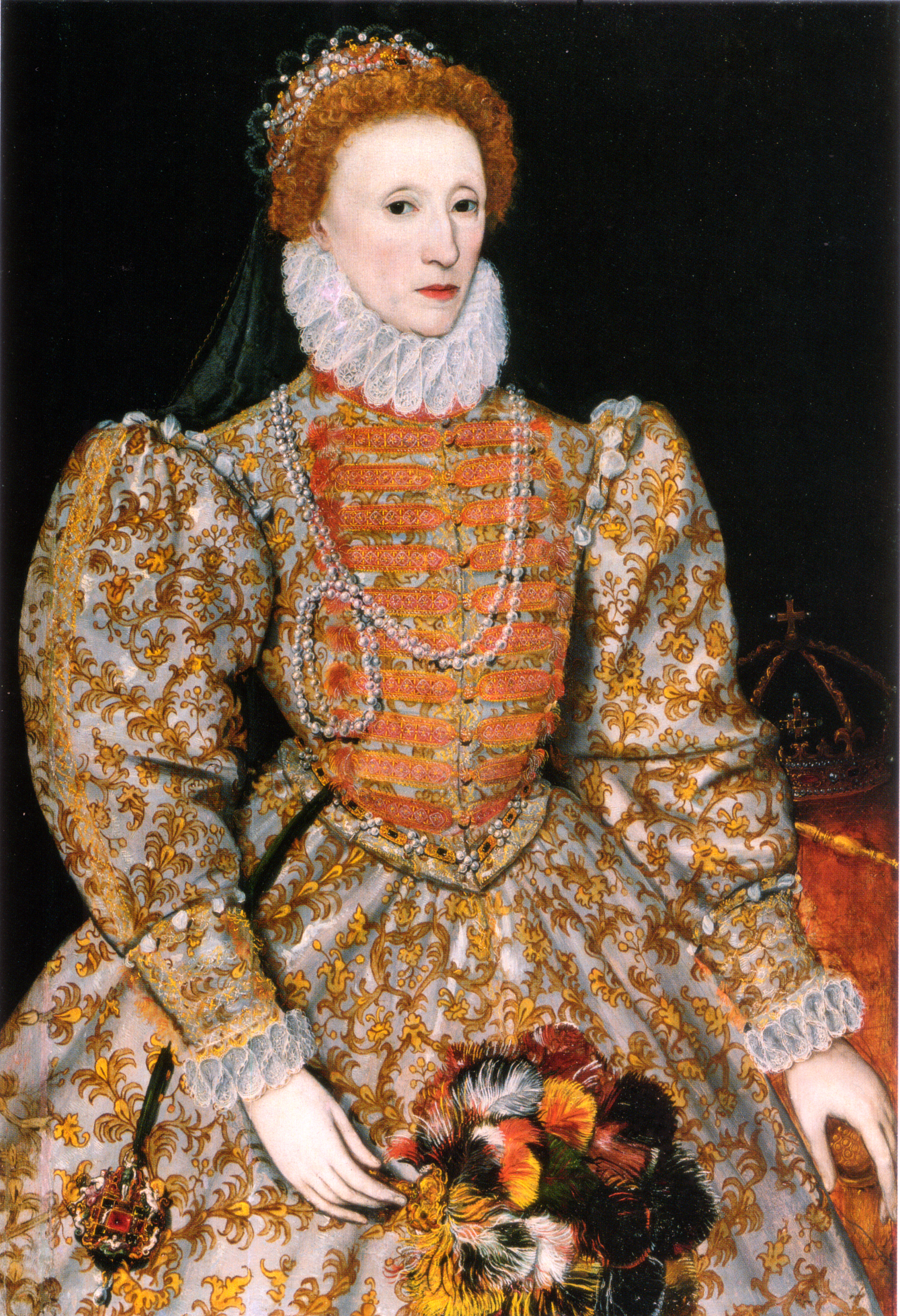

Elizabeth I ruled England with remarkable autonomy during a time when female rulers were rare. Both advancement in the arts and political prowess were hallmarks of what we now call the Elizabethan Era. During her reign, playwrights like William Shakespeare, Christopher Marlowe, and Ben Jonson produced some of the most famous plays in the English language.
Under Elizabeth’s direction, England became a powerful force at sea, too. Explorers like Sir Francis Drake ventured around the globe and the English navy defeated the Spanish Armada in 1588. During this time, England also enjoyed advancements in literature, music, and other forms of exploration.
She made important political decisions independently—including her choice to never marry so that she could maintain her power and control over England. This choice earned her the title “The Virgin Queen” and underscored her commitment to ruling on her own terms.
Mary Wollstonecraft: “The Revolutionary Thinker”


Mary Wollstonecraft was an independent thinker and writer who is best known for her groundbreaking work A Vindication of the Rights of Woman. In this seminal text, she advocated for women’s rights and education. This unpopular position challenged the societal norms of her time.
Wollstonecraft’s independent thought and courage to speak against the prevailing gender inequalities of the 18th century marked her as a pioneer in feminist philosophy and underscored her intellectual autonomy.
Sojourner Truth: “The Voice of Freedom”


Born into slavery, Sojourner Truth gained her freedom and became a powerful advocate for abolition and women’s rights. Her eloquent and impactful speeches—including the famous “Ain’t I a Woman?” address—were driven by her personal experiences and convictions. Truth’s activism was self-directed and deeply reflective of her independent spirit, as she tirelessly worked to challenge and dismantle systemic oppression.
Harriet Tubman: “The Fearless Liberator”
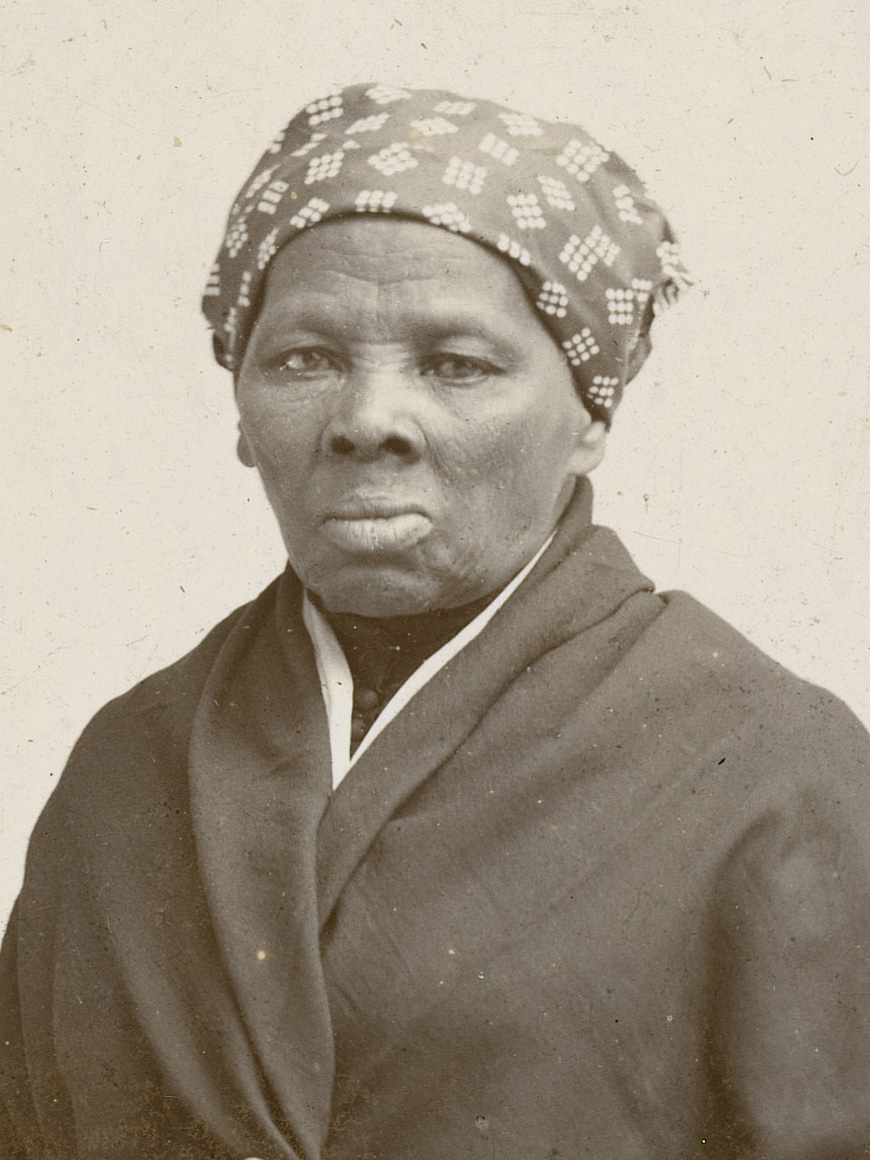

Born into slavery, Harriet Tubman escaped in 1849 and subsequently risked her life numerous times to lead hundreds of others to freedom through the Underground Railroad. As a “conductor” on this secret network, Tubman displayed incredible resourcefulness, bravery, and leadership. She earned the nickname “Moses” for her role in guiding enslaved people to liberation.
During the Civil War, she also served as a scout, spy, guerrilla soldier, and nurse for the Union Army. Tubman’s extraordinary life and relentless fight for justice continue to inspire generations and solidify her legacy as a true American hero.
Marie Curie: “The Scientific Pioneer”


Marie Curie pursued her scientific research with determination and autonomy—often facing gender bias in her male-dominated field. Women scientists were often marginalized and underestimated during Marie Curie’s time. She faced discrimination and skepticism from her male colleagues and the scientific community at large.
Fuel your creative fire & be a part of a supportive community that values how you love to live.
subscribe to our newsletter
*please check your Spam folder for the latest DesignDash Magazine issue immediately after subscription


Despite these challenges, Marie Curie made significant discoveries about radioactivity. She became the first woman to win a Nobel Prize and the first person to win two Nobel Prizes in different scientific fields. Curie’s intellectual independence and perseverance in the face of adversity have left a lasting legacy in the scientific community.
Emmeline Pankhurst: “The Suffragette Leader”
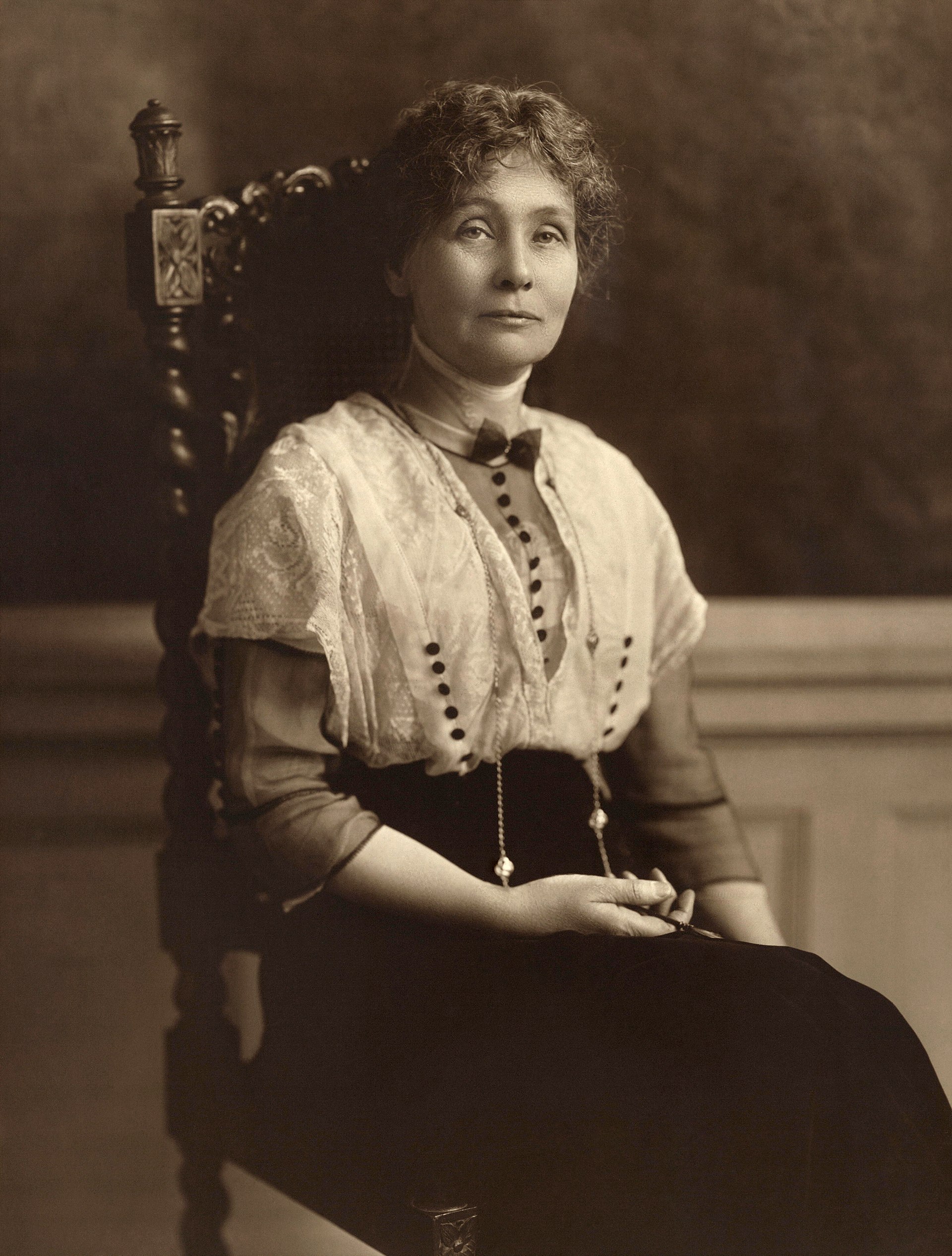

Emmeline Pankhurst was a British political activist who we now know as the iconic leader of the UK women’s suffrage movement. Frustrated by the slow pace of change through peaceful means, Pankhurst co-founded the Women’s Social and Political Union (WSPU), adopting a more militant approach.
The WSPU engaged in window-smashing, arson, and hunger strikes to demand women’s right to vote. Pankhurst’s unwavering determination and willingness to endure imprisonment and hardship for her cause made her a polarizing figure, but her tactics ultimately galvanized public attention and pressured the government to grant women suffrage in 1918. Her legacy as a tireless advocate for women’s rights continues to inspire activists worldwide (though her methods were questionable).
Frida Kahlo: “The Unconventional Artist”


Despite unbelievable hardships, Frida Kahlo’s indomitable spirit and artistic genius empowered her to transcend her suffering to create a lasting legacy. Amid a life marked by chronic pain from a bus accident and polio, Kahlo channeled her physical and emotional struggles into her vibrant and deeply personal paintings.
Her self-portraits incorporate elements of Mexican folklore and symbolism while exploring themes of identity, gender, class, and national pride. Kahlo’s unwavering honesty and unflinching portrayal of her own experiences resonated with audiences worldwide. Her unique artistic vision—combined with her fierce independence and unwavering spirit—has cemented her status as a feminist icon and a celebrated artist worldwide.
Rosa Parks: “The Civil Rights Icon”


Rosa Parks’ quiet act of defiance on a Montgomery, Alabama bus in 1955 ignited a civil rights movement that changed the course of American history. By refusing to give up her seat to a white passenger, Parks challenged the deeply ingrained segregation laws and sparked a year-long bus boycott.
Rooted in her lifelong commitment to racial justice, her courageous act of civil disobedience was a catalyst for the dismantling of segregation laws and the advancement of civil rights for Black Americans. Parks demonstrated the power of individual action and the enduring impact one person can have in the ongoing fight for equality and justice.
Simone de Beauvoir: “The Feminist Philosopher”
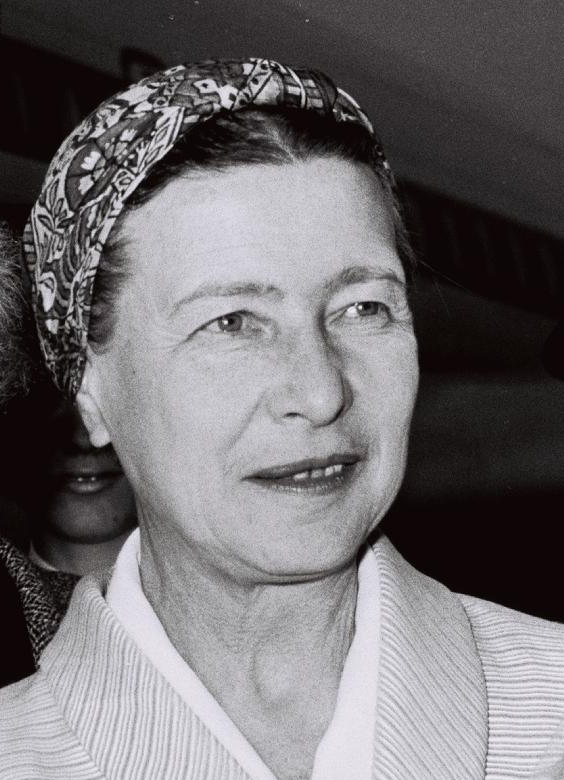

Simone de Beauvoir was a groundbreaking French philosopher, novelist, and feminist whose intellectual contributions continue to resonate today. Her seminal work—The Second Sex—was published in 1949. It challenged traditional notions of gender and laid the foundation for second-wave feminism.
In this groundbreaking text, Beauvoir argued that women are not born but rather become women through social conditioning and societal expectations. Her powerful critique of patriarchal systems and her call for women’s autonomy and self-determination sparked a global conversation about gender equality and women’s rights.
Beyond her feminist writings, Beauvoir was also a prolific novelist and essayist, exploring themes of existentialism, ethics, and social justice. De Beauvoir’s intellectual independence and bold critique of traditional gender roles have had a lasting impact on feminist theory.
Malala Yousafzai: “The Impossibly Brave Advocate”


At a young age, Malala Yousafzai defied the Taliban’s ban on girls attending school in her native Pakistan. She spoke out publicly and blogged about the importance of education for women and girls, but her activism made her a target. In 2012, she was shot in the head by a Taliban gunman.
Malala’s miraculous recovery and continued fight for girls’ education earned her international recognition and the Nobel Peace Prize in 2014, which made her the youngest-ever recipient. Through the Malala Fund, she continues to champion the right to education for girls worldwide. Yousafzai inspires millions with her unwavering belief in the power of education to transform lives and empower young women.
Final Thoughts
We encourage you to honor the independent women who inspire you this 4th of July. Send your stories to our EIC at editor@designdash.com for a chance to be featured on the site!








